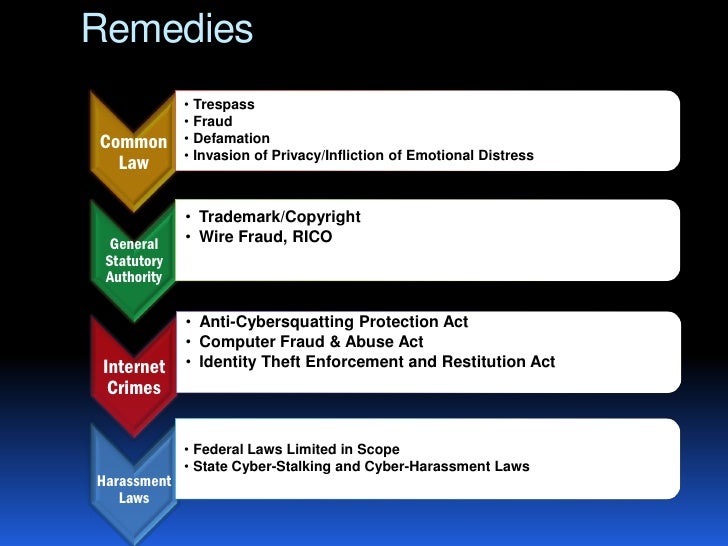


invasion of privacy
n. the intrusion into the personal life of another, without just cause, which can give the person whose privacy has been invaded a right to bring a lawsuit for damages against the person or entity that intruded. However, public personages are not protected in most situations, since they have placed themselves already within the public eye, and their activities (even personal and sometimes intimate) are considered newsworthy, i.e. of legitimate public interest. However, an otherwise non-public individual has a right to privacy from: 1) intrusion on one's solitude or into one's private affairs; 2) public disclosure of embarrassing private information; 3) publicity which puts him/her in a false light to the public; 4) appropriation of one's name or picture for personal or commercial advantage. Lawsuits have arisen from magazine articles on obscure geniuses, use of a wife's name on a hospital insurance form to obtain insurance payment for delivery of a mistress' baby, unauthorized use of a girl's photo to advertise a photographer, and 'tabloid' journalism treatment of people as freaks. There are also numerous instances of governmental invasion of privacy such as the Federal Bureau of Investigation compiling files on people considered as political opponents, partially corrected by the passage of the Freedom of Information Act in 1966. The right to privacy originated with an article in the Harvard Law Review in the 1890s written by lawyers 'Bull' Warren and future Supreme Court Justice Louis D. Brandeis.
Jump to Invasion of Privacy Laws - Invasion of privacy laws in the U.S. Are those which attempt to protect people's “right to be let alone,” and give. Modern invasion of privacy laws essentially protect people in four different ways: intrusion of solitude, public disclosure of private facts, false light, and appropriation. The media is protected by the First Amendment right to free speech, as long as the published or broadcast material does not violate personal.
This movie is fast-paced and the cinematography (specifically the shaky camera thing) is clever and interesting when it's not irritating. Also, there is some eye candy for the ladies and some of the cast is full of interesting and appealing characters, some who actually do decent acting jobs ('some' is the operative word.). 
- Author: admin
- Category: Category


invasion of privacy
n. the intrusion into the personal life of another, without just cause, which can give the person whose privacy has been invaded a right to bring a lawsuit for damages against the person or entity that intruded. However, public personages are not protected in most situations, since they have placed themselves already within the public eye, and their activities (even personal and sometimes intimate) are considered newsworthy, i.e. of legitimate public interest. However, an otherwise non-public individual has a right to privacy from: 1) intrusion on one's solitude or into one's private affairs; 2) public disclosure of embarrassing private information; 3) publicity which puts him/her in a false light to the public; 4) appropriation of one's name or picture for personal or commercial advantage. Lawsuits have arisen from magazine articles on obscure geniuses, use of a wife's name on a hospital insurance form to obtain insurance payment for delivery of a mistress' baby, unauthorized use of a girl's photo to advertise a photographer, and 'tabloid' journalism treatment of people as freaks. There are also numerous instances of governmental invasion of privacy such as the Federal Bureau of Investigation compiling files on people considered as political opponents, partially corrected by the passage of the Freedom of Information Act in 1966. The right to privacy originated with an article in the Harvard Law Review in the 1890s written by lawyers 'Bull' Warren and future Supreme Court Justice Louis D. Brandeis.
Jump to Invasion of Privacy Laws - Invasion of privacy laws in the U.S. Are those which attempt to protect people's “right to be let alone,” and give. Modern invasion of privacy laws essentially protect people in four different ways: intrusion of solitude, public disclosure of private facts, false light, and appropriation. The media is protected by the First Amendment right to free speech, as long as the published or broadcast material does not violate personal.
This movie is fast-paced and the cinematography (specifically the shaky camera thing) is clever and interesting when it's not irritating. Also, there is some eye candy for the ladies and some of the cast is full of interesting and appealing characters, some who actually do decent acting jobs ('some' is the operative word.). 